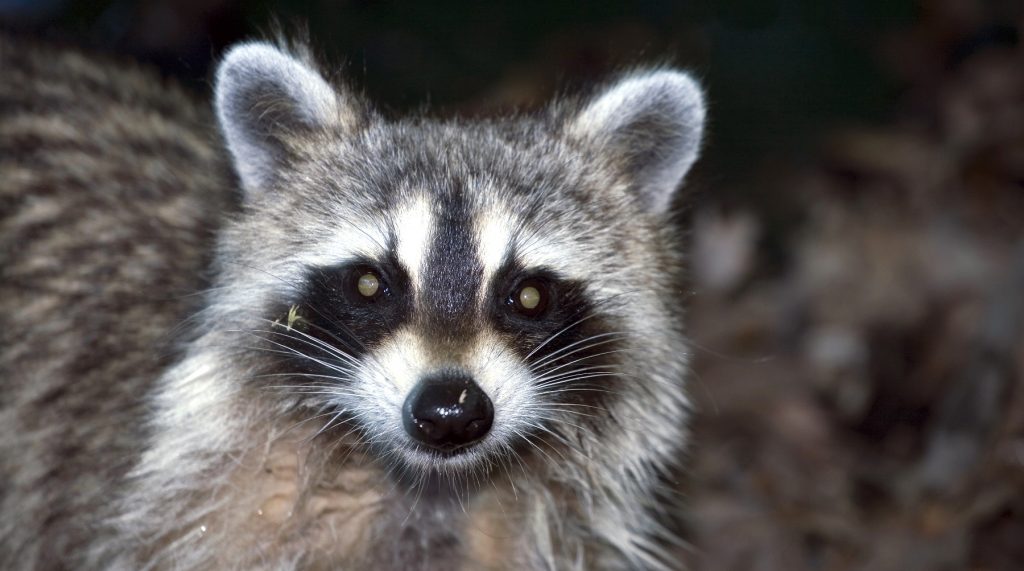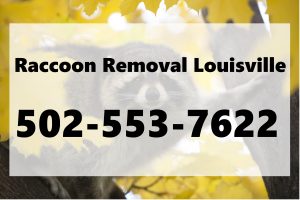Raccoons are one of the world’s most unique and interesting mammals. They are highly intelligent and demonstrate individual personalities, curiosity, and long-term memory. However, as we continue to develop and construct new properties and neighborhoods, more and more of the raccoon’s natural habitat is lost. When this happens, they have no other choice but to wander into human territory.
Many raccoons that have lost their homes have turned to finding food and shelter in residential and urban settings. Houses, attics, gutters, dumpsters, vacant buildings, crawl spaces, and porches are just a few favorites spots coons use for shelter and protection. They also like to rummage and search for food scraps, hoping to find an adequate meal for the night. As a result of these circumstances, raccoons have caught a bad reputation for being filthy nuisance animals that carry contagious diseases. Although technically this can be true, raccoons are much more than that, and should never be harmed or killed in any way.
The truth is, these mammals are significant parts of our surrounding eco-system, and play a large role in maintaining the balance in nature. However, there are dangers surrounding raccoons, and it is highly recommended for humans to keep their distance whenever possible. Contact a DNR licensed Louisville Raccoon Removal Company for safe and humane raccoon control if you spot one on your property on more than one occasion. If you believe you have raccoons in the attic or other interior area of your home, call a 24 hour emergency raccoon removal for immediate extraction and cleanup service.
Potential Raccoon Dangers
Raccoons have a gene that makes them perfect carriers of several contagious and infectious diseases. The most common disease is Rabies, of course, but there are several more. Additional diseases include Canine Distemper, Giardia, Leptospirosis, Parvo, Lice, coccidiosis, roundworm, mange, fleas, ticks, and more. Contact or exchanges between saliva, feces, urine, or blood can transfer any of these diseases and cause harmful and sometimes fatal effects. So if a person comes into contact with one of the above, and then somehow touch their mouth, eye, open wound, or something else, they can become infected. In rare cases, mother raccoons or diseased raccoons will attack.
Stay safe by always keeping your distance whenever you see a raccoon. Never attempt to touch, trap, scare, or harm a coon under any circumstances. If you do this, they will never have a reason to attack a human or pet. Furthermore, it is illegal to tamper, trap, harm, or kill a raccoon. Enlist the service of a professional to get rid of raccoons in Kentucky.


